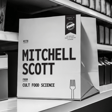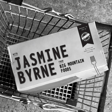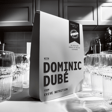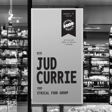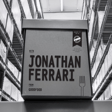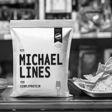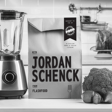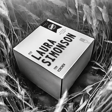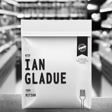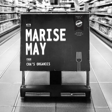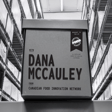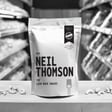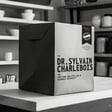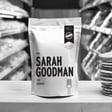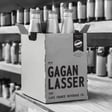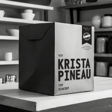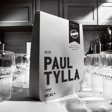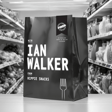
Devin Powell | Pulp & Press
The conversation you’re about to hear taps into something we think is super important, and that’s the idea of food as medicine.
If you’re looking to reduce unhealthy food cravings, ramp up your gut health, reset your digestion, boost your energy, reduce your mental… fog, improve your sleep, shore-up your immunity, or detoxify your body… then you’re going to love this functional-beverage-packed discussion.
In this episode of Aisle 42 we talk with Devin Powell from Pulp & Press and we chat about the power of nutrient-dense cold-pressed juice.
We talk about organic fruits and vegetables and the impact that probiotics have on our body. Devin walks us through the importance of drinking fresh-made juices and smoothies that are safely made using high-pressure processing, not heat, AND are free from preservatives, artificial flavours or colours.
We also talk about their Plastic Project and how their radically working to reduce the environmental impact of their operation, removing 10 bottles worth of plastic from ocean coastlines with every order we make.
Learn more at https://www.pulpandpress.com.
Get the scoop on Corwin Hiebert and the reason for this podcast at https://www.ethicalfoodgroup.com.
Here’s a quick summary of the interview:
Interviewee and Company: Devin from Pulp & Press discusses their cold-pressed juices and functional beverages.
Product Praise: Their products are appreciated for reducing mental fog and increasing energy gently.
Ideal Grocery Store: Envisioned as filled with genuine, healthy products without misleading claims.
Company Products: Offers a variety of health-focused beverages including cold-pressed juices, vegan smoothies, probiotic hydrates, and wellness shots.
Favourite Product: The Beta Blaster, rich in vitamins A and C.
Local and Organic Ingredients: Emphasizes sourcing from Canada, despite challenges in meeting high production demands.
Innovative Methods: Uses cold pressing and high-pressure processing (HPP) to preserve nutrients and extend shelf life up to six months, without preservatives.
Sustainability Efforts: Utilizes BPA-free PET plastic bottles, partners with the Plastic Project to reduce environmental impact, and explores innovative, eco-friendly packaging.
Juice Cleanses: Explained as a method for detoxification and giving the body a break, not as a quick weight-loss solution.

